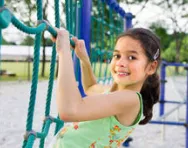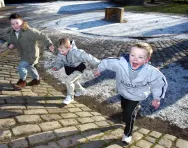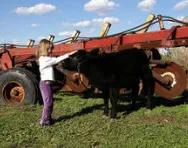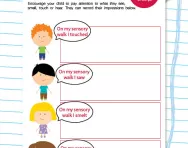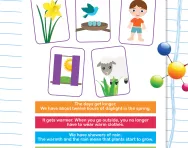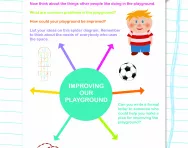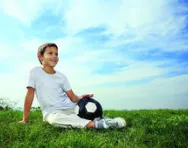Important update from TheSchoolRun
For the past 13 years, TheSchoolRun has been run by a small team of mums working from home, dedicated to providing quality educational resources to primary school parents. Unfortunately, rising supplier costs and falling revenue have made it impossible for us to continue operating, and we’ve had to make the difficult decision to close. The good news: We’ve arranged for another educational provider to take over many of our resources. These will be hosted on a new portal, where the content will be updated and expanded to support your child’s learning.
What this means for subscribers:
- Your subscription is still active, and for now, you can keep using the website as normal — just log in with your usual details to access all our articles and resources*.
- In a few months, all resources will move to the new portal. You’ll continue to have access there until your subscription ends. We’ll send you full details nearer the time.
- As a thank you for your support, we’ll also be sending you 16 primary school eBooks (worth £108.84) to download and keep.
A few changes to be aware of:
- The Learning Journey weekly email has ended, but your child’s plan will still be updated on your dashboard each Monday. Just log in to see the recommended worksheets.
- The 11+ weekly emails have now ended. We sent you all the remaining emails in the series at the end of March — please check your inbox (and spam folder) if you haven’t seen them. You can also follow the full programme here: 11+ Learning Journey.
If you have any questions, please contact us at enquiries@theschoolrun.com. Thank you for being part of our journey it’s been a privilege to support your family’s learning.
*If you need to reset your password, it will still work as usual. Please check your spam folder if the reset email doesn’t appear in your inbox.
How to make outdoor play safe

Playing out today is rare as children spend more time indoors in front of the television or computer and being ferried everywhere in the car.
Some worry that this over-sanitised approach is linked to the rise in learning and health conditions such as dyspraxia, asthma and obesity.
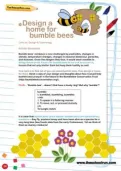
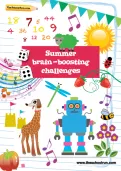
Claim Your Summer Challenges Pack!
- 30 exciting challenges
- Weird and wonderful facts
- Keep them busy the whole summer!
In her book, Toxic Childhood, Sue Palmer says that loss of opportunities for ‘outdoor, loosely supervised play' has a long term effect on children's physical, emotional and social development.
For example, the calls, chants, rhymes and nonsense verses in children's lore give plenty of opportunity to practise phonology, lexis, grammar, syntax and semantics without the children being aware.
Parents should, of course, protect their children by teaching them about stranger danger and road safety, but also need find ways of making outdoor ‘free' play safe. Try these tips:
- Help children become streetwise by walking around your local community with them so you can demonstrate road safety.
- Children need to experience all types of weather, so don't allow bad weather to stop play. Just dress them appropriately.
- Talk to your child about ‘stranger danger’ and teach them what to do in an emergency.
- Look for places where your child can play safely outside - in your or a neighbour's garden, in parks, recreation grounds, local ‘wild places', even on the pavement outside home if the street is generally free of traffic.
- Make sure your child knows how to travel by bus, tram or train by doing it regularly together.
- When children are old enough to go out alone develop a protocol. For example, they should always let you know where they are going and with whom and they should check in regularly with you or other trusted adults.
- Make contact with other local parents and arrange to keep and eye out for all the children in your neighbourhood. You could also agree on shared ground rules about play, curfews, out-of-bounds areas and so on.
- Try to provide opportunities for children of all ages to play with peers - both indoors and out - in a loosely supervised environment (with adults on hand but not monitoring every move). As children get older encourage them to go on ‘everyday adventures' and to take ‘safe risks'.
